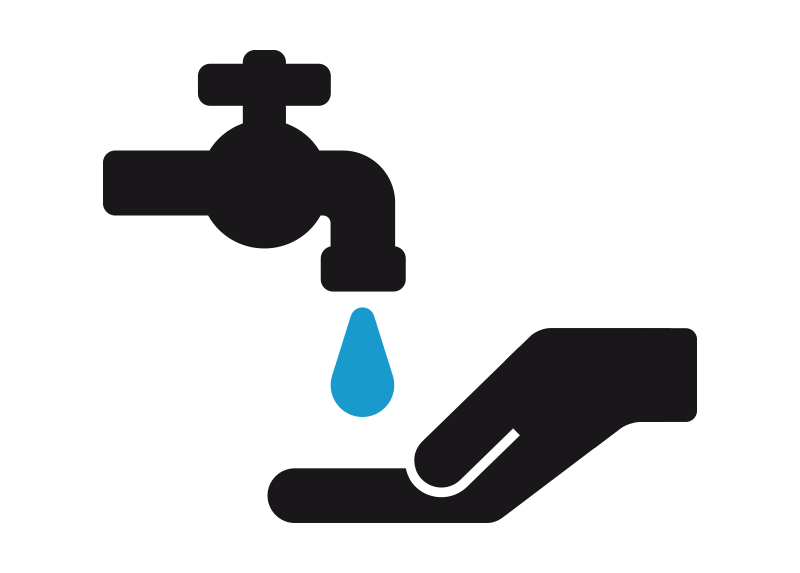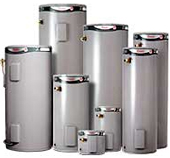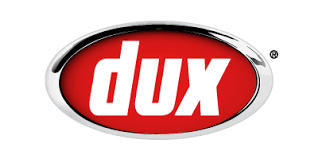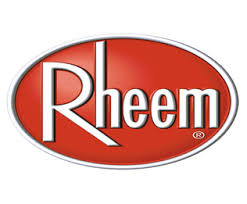- Home
- About Us
- Hydronic Heating & Cooling
- Commercial & Domestic Hot Water
- Products
- Contact Us
- Home
- About Us
- Hydronic Heating & Cooling
- Commercial & Domestic Hot Water
- Products
- Contact Us

But where do you begin when looking for a new hot water system? There appears to be so many options available but it is difficult to decide which one would work best for your families unique needs.
Below we run through each of these in detail.

These heaters heat and store water in an insulated tank for use when it’s needed. These are the most popular form of heating system throughout Australia. Most electric, gas, solar and heat pump hot water systems use a tank.
The water is stored at a pre-set temperature typically 60-80°C, and is heated in the storage tank by electric resistance elements or gas burners.
Many electric storage heaters are designed to work at off peak times when electricity tariffs are cheaper, which leads to lower running costs. However, as they only heat water at night, the water tanks need to be quite large to make sure you don’t run out of water during the day.
It is recommended to get a system with a stainless steel tank. Although these are more expensive they are less likely to corrode and therefore last longer. Many brands offer a 10 year warranty on their stainless steel tanks. Tanks are insulated, but there is always some heat loss over time, so it’s good to install them in a sunny spot or in an insulated space.

They are also known as instantaneous, tankless or instant. These systems only heat water when it’s needed and don’t use a storage tank. They are designed to deliver a steady stream of heated water for a bath, sink or shower. Each time a hot water tap is turned on, water is heated instantly by electricity or gas and then flows to the outlet. These type of heaters are much less common in Australia, with gas systems being more popular than electric ones.
The main benefits of these systems are that there is no heat loss through the tank as they don’t have one, and they are cost effective as they only heat water when it is needed. Depending on the length of the pipe it can take a few seconds before the hot water starts to flow. They also tend to provide less flow pressure than other systems so may not be suitable for those who like a high pressure shower each morning.
These are often the cheapest to buy and install but tend to have higher running costs than systems run on gas, solar or heat pumps. They are also less environmentally friendly and the Government is pushing people away from using electric water heaters. The most common electric heater types are storage systems, though electric instantaneous/continuous flow water heaters are also available.
The cost of running the storage systems can be reduced if they are run during off-peak times only, meaning they heat the water during the night ready for you to use in the morning, though this does mean you would need a larger tank to store the hot water throughout the day. You need to make sure that off-peak electricity rate is available to your home. A four-person household typically needs a 125–160L tank for a continuous system or 250–315L for off-peak.
For these you obviously need a gas supply to your house, either natural gas piped in or Liquid petroleum gas (LPG) bottles. If you don’t have either of these options then a gas system is not for you.
One of the key benefits of a gas heating system is the reduced running costs compared to an electric system, as well as reduced emissions and high energy star ratings. Unlike electricity gas doesn’t have a peak and off-peak rate which means gas systems can heat water as it is needed which means they require a smaller tank. However, gas prices are continuing to rise and if you have to use LPG gas then running costs will be significantly higher than for natural gas.
Gas is also the preferred option for instantaneous/continuous flow water heaters.
Solar heaters are becoming more popular across Australia, mainly due to rapid improvements in the design of the systems, increased publicity of solar systems, Government rebates being offered, and of course the large supply of sunshine that exists in Australia.
Solar hot water systems have collector panels to gather the energy from the sunshine and then a storage tank. The tanks have to be quite large so as to allow for days with less sun. A solar hot water system should provide between 50 and 90% of your hot water needs and this will depend on your climate and the model of solar hot water heater you install. Most systems come with electric or gas boosters to provide the rest of your hot water needs.
The biggest benefit of using solar panels to heat your water is the low running costs, as well as being the most environmentally friendly option. On the negative side, the main reason don’t install solar heating is the purchase and installation cost, even including and rebates or incentives offered. You also need to consider your climate and if they panels can’t be installed in an ideal position to capture the most sunshine, which will lead to less efficiency and greater costs.
Heat pumps are the least common form of heating water in Australia, but have many advantages. They work similar to how a fridge works but instead of pumping heat out of the fridge to keep it cool, they pump heat into the water by extracting heat from the air and using it to heat the water tank. They run on electricity but are approximately three times more efficient than a conventional electric water heater. They can therefore help you to save energy and money, and reduce greenhouse gas emissions.
Due to having a compressor on the unit they can be noisy, so you need to make sure they are located from main living areas or neighbours. As they are complex systems they can also be expensive to maintain and repair.
There are a wide range of hot water system brands available within Australia, with the leading ones being Rheem, Rinnai, Dux and Bosch. Each of them offer storage or instantaneous models, as well as electric, gas solar, and heat pump models.



Australian Hydronic Heating and Cooling work with all of the leading brands and models, and can help advice you to the best model to suite your individual needs based on our extensive knowledge of installing, maintaining and repairing these systems. If you have a preference for a particular brand based on past experience or someone has recommended a brand to you, then we are happy to install base on your preference.
If you want to find out more about individual models we suggest you visit the website of the relevant brands to get full details. The Product Review site provides user reviews for many of the leading hot water system brands and models. Please bear in mind that while one brand or model may not work for one user it may be more suited to your individual needs.
Of course it is not only the actual hot water system that is important but also your individual circumstances such as family size, how much water you use, where you live, etc. On average, one person uses about 50 litres of hot water a day, but your family will obviously have its own unique usage. You may be an above average user if you:
You then need to consider the size of your family as obviously larger families will use more hot water and require a larger storage tank, larger heat pump and tank, multiple continuous flow systems or more solar panels. Below are some possible options based on family size and average usage.
Solar systems also work well across all house sizes and offer the most efficient and cheapest running costs, though set up costs will deter many people from this option. You can of course simply use your current system as a guide. For example, if you have a 250 litre storage tank and this always provides enough hot water then you know that this should be the maximum sized tank you will need.
Now that you know about the different types, heating methods, brands and usage requirements, let’s summarise the key areas you need to think about when making your decision. Each of the factors listed below will impact on what hot water system you select.
We hope this run through of the different types, heating methods and hot water system brands, plus how your usage also impacts on the system, has helped you to make a decision on your new hot water system. We have extensive experience of supplying, installing, maintaining and repairing all brands of hot water system and are happy to help you in selecting the best system for your family.